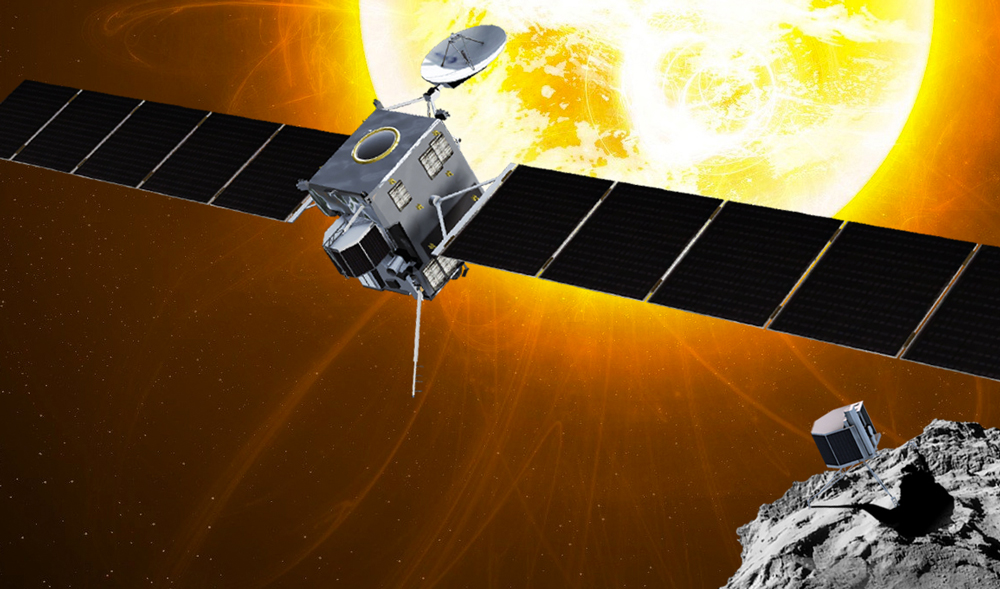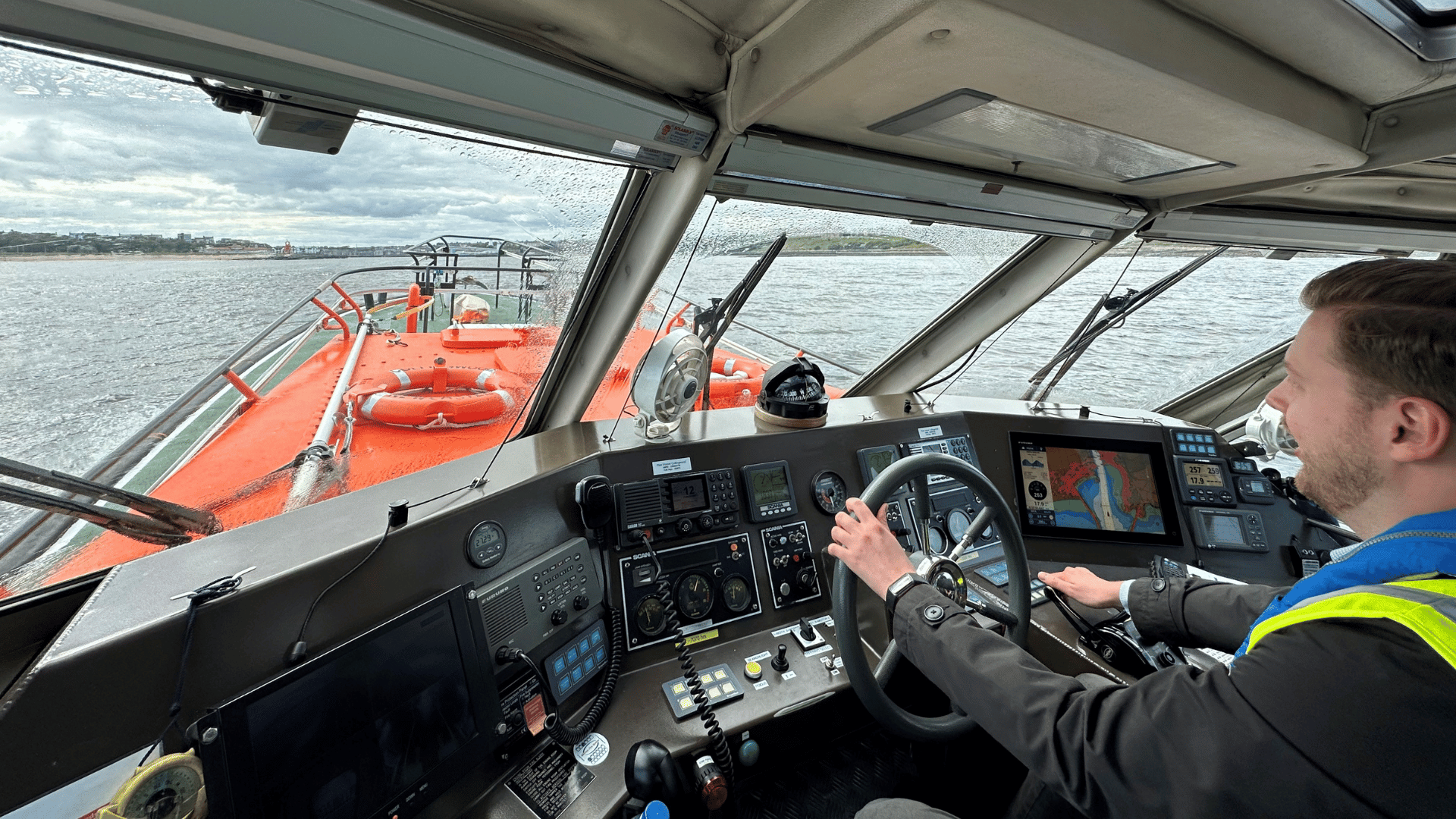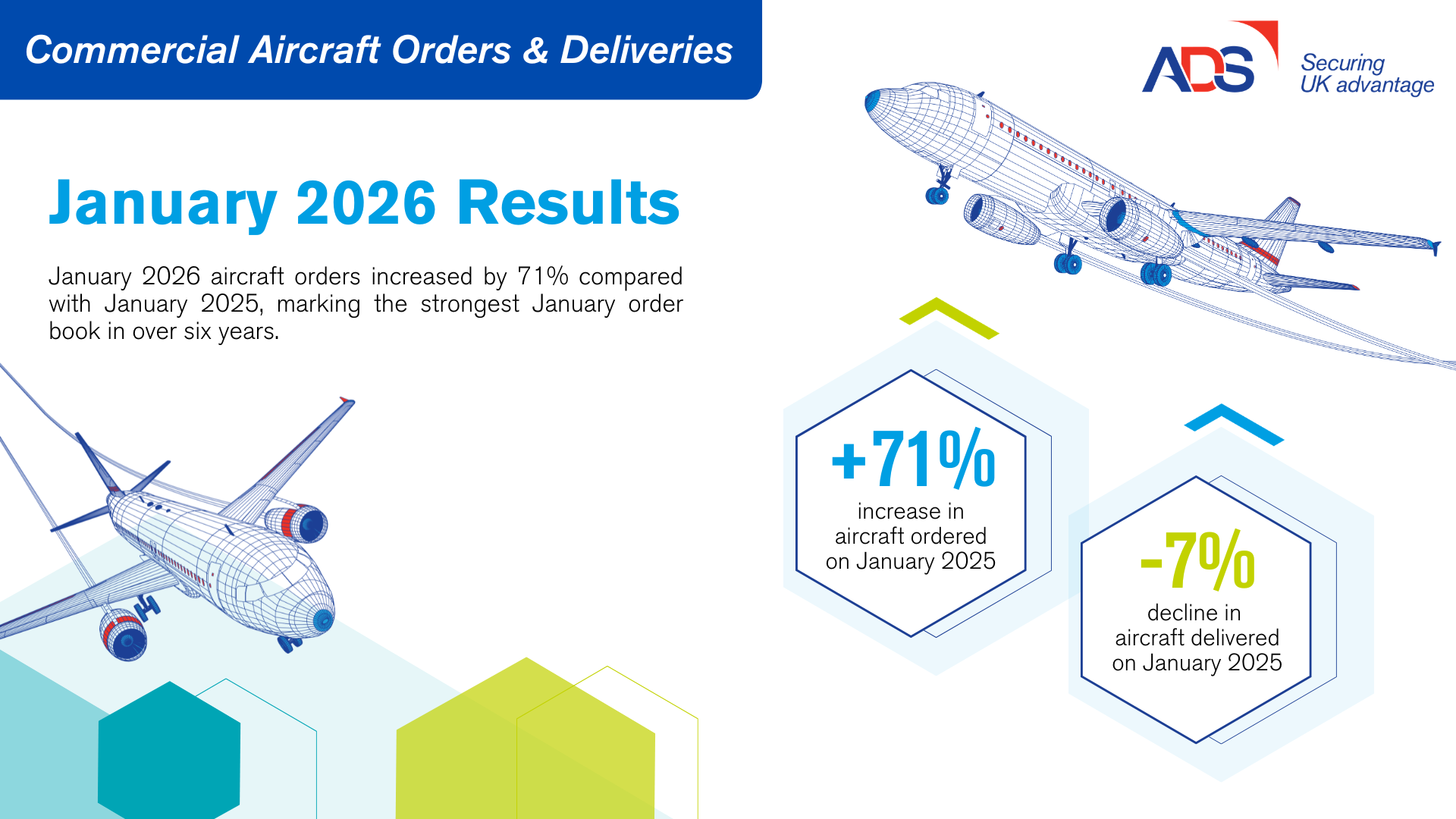
Yesterday we released our annual ADS Facts and Figures guide which gives an overview of the four sectors ADS represents as well as the contribution they make to the UK’s economy.
Today we take a look at the Space sector which is at the cutting edge of exploring the universe and connecting people to the world around them.

Growing at 8 per cent a year the UK’s Space sector in the past year has had an annual turnover of £14 billion, adding £5 billion of value to the UK economy. It has around 40,000 employees, including 1,400 apprentices, paving the way to next generation technology.
From tweeting your favourite celebrity to facetiming your family at the weekend, the Space sector has invested in technology that supports everyday lives which stops you from getting lost with GPS, gives you access to ATMs and card services and warns you of rainy weather.
Further to this, new technology and data in the sector have spawned entire new engagements with different industries. From infrastructure to health, the Space sector provides for high value sectors across the UK, triggering economic growth and putting the UK at the forefront of an expanding and high-tech market.
The NovsaSAR satellites for example will provide Earth observation data for environmental management, drug trafficking and disaster monitoring. The project, which is estimated to attract £150 million of investment in the UK will also create business opportunities in downstream sector services across the wider economy.
Drones are also another example of how the Space sector supports other industries. Drones rely on secure satellite signals to ensure safe operations; from delivering goods, monitoring crops, providing security and taking part in search and rescue missions.
Moreover, investing in Space exploration has boosted interest in STEM, inspiring the next generation of scientists and engineers. The UK Space Agency’s Team have also reached over 1.3 million young people with the aim of using space to encourage young people into STEM. UK led missions such as the Rosetta comet landing, the ExoMars Rover, and Major Tim Peake being the first British astronaut in Space for more than 20 years are all catching the attention of young people and motivating them to shoot for the stars in science education.
But what’s next for this ever expanding sector?
Worth an estimated £25 billion over the next 20 years, the UK is aiming to establish a commercial spaceflight market from 2020, from launching satellites to sub-orbital spaceflights, the UK Space sector is paving the way to high value jobs and economic benefits across the country. This type of competitive ambition could grow the UK Space sector to £40 billion of annual turnover as well as creating 100,000 new jobs in the sector by 2030.
The Space sector has also delivered a track record in increasing private finance to support SME growth and start-up ventures. Investment in R&D has also generated new knowledge, products and processes demonstrating the ever growing demand in the sector.
Fundamentally, the UK’s Space sector has a bright future and will continue to grow in strength, boost UK productivity and support global competitiveness.





